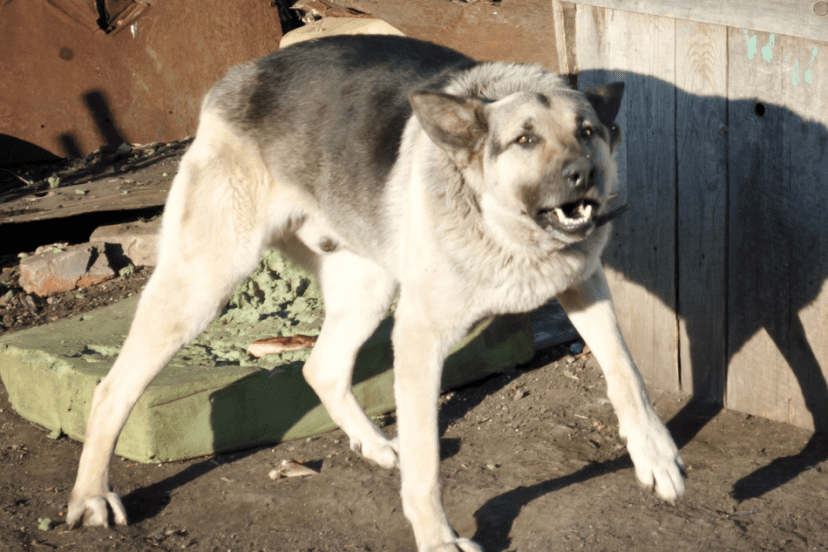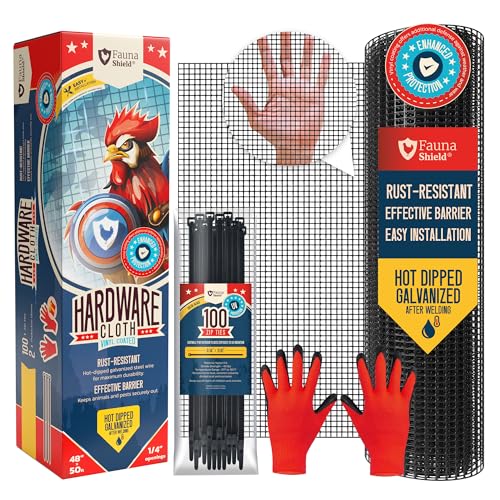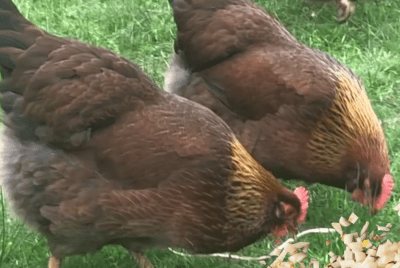Protect Chickens From Dogs And Other Predators?
It’s a fact that dogs and other predators pose a serious threat to your beloved chickens. To ensure the safety and well-being of your flock, it’s important to take proactive measures. In a recent article on Murano Chicken Farm, you can find valuable tips and strategies for protecting chickens from stray dogs and other predators. From secure fencing to nighttime coop security measures, learn how to safeguard your chickens and keep them safe from harm.
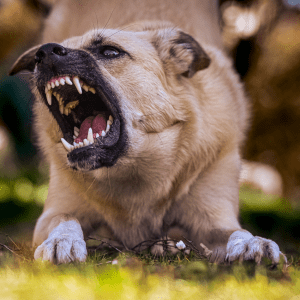
Key Takeaways:
- Secure coop and run: Ensure your chicken coop and run are well-built and securely fenced to keep dogs and other predators out.
- Use motion-activated lights or alarms: Install motion-activated lights or alarms around the coop to deter predators from approaching.
- Keep chickens supervised: Avoid leaving your chickens unattended, especially during vulnerable times like dusk and dawn.
- Train your dogs: Train your dogs to coexist peacefully with your chickens and not see them as prey.
- Use deterrents: Consider using natural deterrents like predator urine or noise machines to keep predators away from your chickens.

Fortifying the Coop
Structure Essentials for Safety
On your journey to protect your chickens, fortifying the coop is important. Ensure the structure is sturdy and free from any weak spots that predators can exploit. Check for holes, gaps, or loose wires where intruders can sneak in. Reinforce the walls, roofs, and doors to withstand any attempted break-ins.
Implementing Predatory Deterrents
Safety is a top priority when it comes to safeguarding your feathered friends. Implementing predatory deterrents such as motion-activated lights, electric fencing, or even guard animals can help ward off potential threats. These measures can startle predators and discourage them from approaching the coop.
This chapter focuses on protecting your chickens by fortifying the coop against potential predators. Ensuring the structure is secure and implementing deterrents can significantly reduce the risk of attacks on your flock. By taking these precautions, you can create a safer environment for your chickens to thrive in.

The Great Outdoors: Securing Your Chicken Run
It’s important to ensure that your chicken run is a safe and secure space for your feathered friends. Predators like dogs and other wild animals can pose a threat to your chickens, but with the right precautions, you can protect them from harm.
Fencing Solutions to Keep Predators Out
Chicken wire may not be enough to keep determined predators like dogs out of your chicken run. Consider using hardware cloth with smaller openings to prevent entry. Bury the fencing at least a foot into the ground to deter digging predators like foxes and install a wire or electric fence at the top to prevent climbing.
Patrol and Watchdog Tips for Added Security
Your chickens will benefit from having a vigilant watchdog or even a rooster to keep an eye out for potential threats. Dogs can also be trained to patrol the perimeter of the chicken run and alert you to any danger. Regularly inspect the area for signs of predators to ensure the safety of your flock.
Your watchdog’s presence can help deter predators, and their barking can scare off intruders. Make sure your watchdog is well-trained and bonded with your chickens so that they see them as part of the pack. Consider investing in motion-activated lights or alarms to further enhance security around the chicken run.
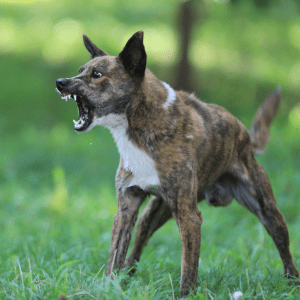
Best Practices for Raising Chickens
Routine Safety Checks and Maintenance
Your chickens’ safety should be a top priority in your daily routine. With regular safety checks and maintenance, you can ensure that your coop is secure and predator-proof. Make it a habit to inspect the fencing, lock mechanisms, and any potential entry points for predators. Keep the coop clean to prevent attracting unwanted guests.
Training Chickens for Better Safety
Chickens are intelligent creatures and can be trained to recognize and respond to danger. It’s important to train your chickens to understand calls or signals that alert them to potential threats. Chickens that are trained for safety are more likely to stay close to the coop, decrease the risk of wandering off, and react quickly to danger.
It’s important to establish a routine with your chickens to reinforce safety training. Spend time with them regularly and practice calling them to safety. By investing time in training, you can create a sense of security for your chickens and reduce the chances of predator attacks. Do not forget, a well-trained flock is a safer flock.
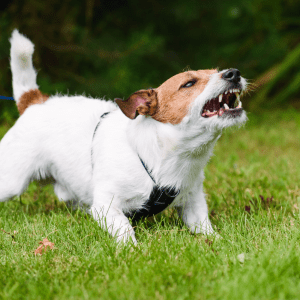
Living in Harmony: Educating Neighbors and Their Pets
Communication Strategies with Neighbors
After ensuring your chicken coop is secure, it’s crucial to communicate with your neighbors about the importance of keeping pets away from your chickens. Politely ask them to leash their dogs when they are near your property and explain the potential dangers their pets may pose to your beloved birds. Building a good relationship with your neighbors can go a long way in preventing conflicts and keeping your chickens safe.
Teaching Dogs to Respect Chickens
Pets Living in a neighborhood with dogs can be challenging when you have chickens. However, it is possible to train dogs to respect your poultry. Start by introducing your dog to the chickens while they are safely contained. Use positive reinforcement techniques to reward your dog for calm behavior around the chickens. Consistent training and supervision are key to ensuring your dog sees the chickens as part of the family and not prey.
Understanding the importance of proper training for dogs around chickens is crucial for the safety of your flock. While some dogs have a natural prey drive, with patience and training, they can learn to coexist peacefully with your chickens. By teaching dogs to respect the boundaries and the birds’ space, you can create a harmonious environment where everyone can thrive together.
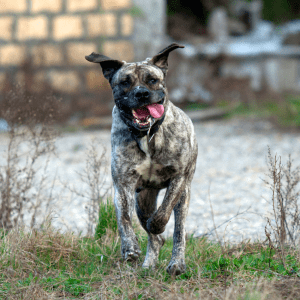
Summing up on Protect Chickens From Dogs And Other Predators
With these considerations in mind, it’s important to ensure the safety of your chickens by implementing multiple layers of protection against dogs and other predators. By fortifying your coop, using deterrents, providing secure fencing, and supervising your chickens, you can create a safe and secure environment for your feathered friends. Be mindful of, the well-being of your chickens is your responsibility, so taking these steps will help them stay safe and happy in their home.
FAQ’s about Protect Chickens From Dogs And Other Predators
Q: How can I protect my chickens from dogs and other predators?
A: To protect your chickens from dogs and other predators, you can start by securing their coop with sturdy fencing and locking mechanisms to keep intruders out.
Q: What are some additional measures I can take to safeguard my chickens?
A: Other protective measures include installing motion-activated lights or alarms around the coop, using guard dogs or roosters for added security, and removing any potential hiding spots for predators.
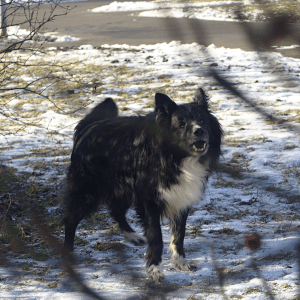
Q: Are there any natural deterrents I can use to keep predators away from my chickens?
A: Yes, you can use natural deterrents such as planting thorny bushes around the coop, spreading predator urine or hair near the perimeter, or introducing predator decoys like fake owls or snakes.
Q: How important is it to supervise my chickens when they are outside the coop?
A: It is crucial to supervise your chickens when they are free-ranging outside the coop to ensure their safety. Consider using chicken wire or portable fencing to create a safe outdoor enclosure for them.
Q: What should I do if my chickens are attacked by a predator?
A: In the unfortunate event that your chickens are attacked by a predator, remove the injured birds from the flock immediately, clean and treat their wounds, and consult a veterinarian if necessary. Take steps to reinforce your coop’s security to prevent future attacks.
Can These 7 Herbs Really Boost Your CHickens’s Immunity
Araucana Chickens Care – Tips and Tricks
7 Forbidden Foods for Chickens
Avoiding Backyard Chicken Predators

